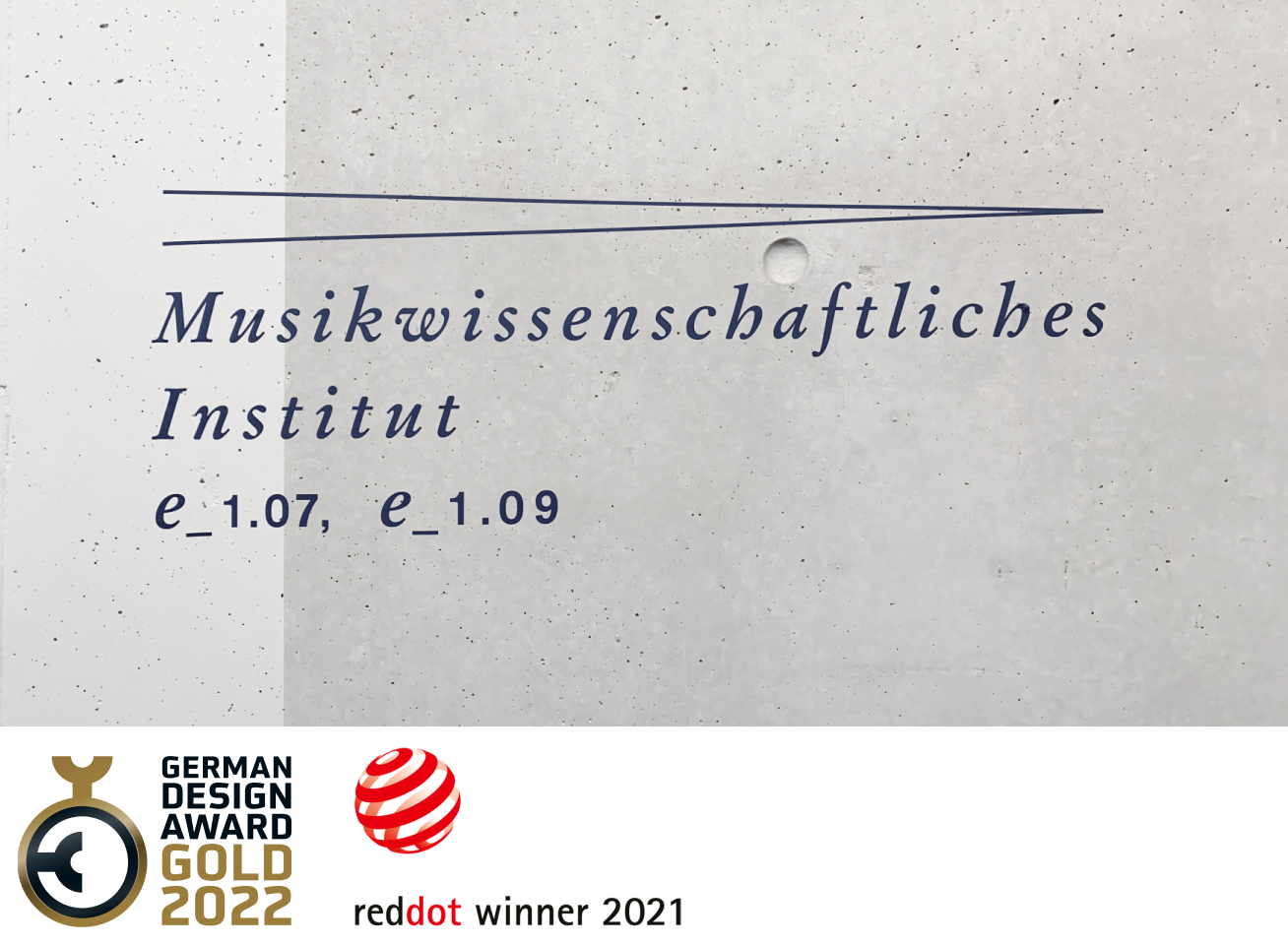A sun is a luminous sphere of plasma held together by its own gravity. It provides light and heat to Earth, enabling life to thrive. Its energy is essential for photosynthesis and sustains a variety of ecosystems on our planet.
The sun will continue to shine for approximately another 5 billion years, as it still has about half of its hydrogen fuel left to burn. After that, it will enter the red giant phase before eventually becoming a white dwarf.
There is only one sun in our solar system, which is a G-type main-sequence star. It provides energy and light to support life on Earth.
The sun provides us with crucial vitamin D for strong bones, boosts mood and mental health, regulates sleep patterns, and enhances the immune system. It's a vital source of energy and life on Earth.
Without the sun, Earth would freeze, plants couldn't photosynthesize, life would struggle to survive. It's essential for all life on our planet. But luckily, the sun is shining bright!


